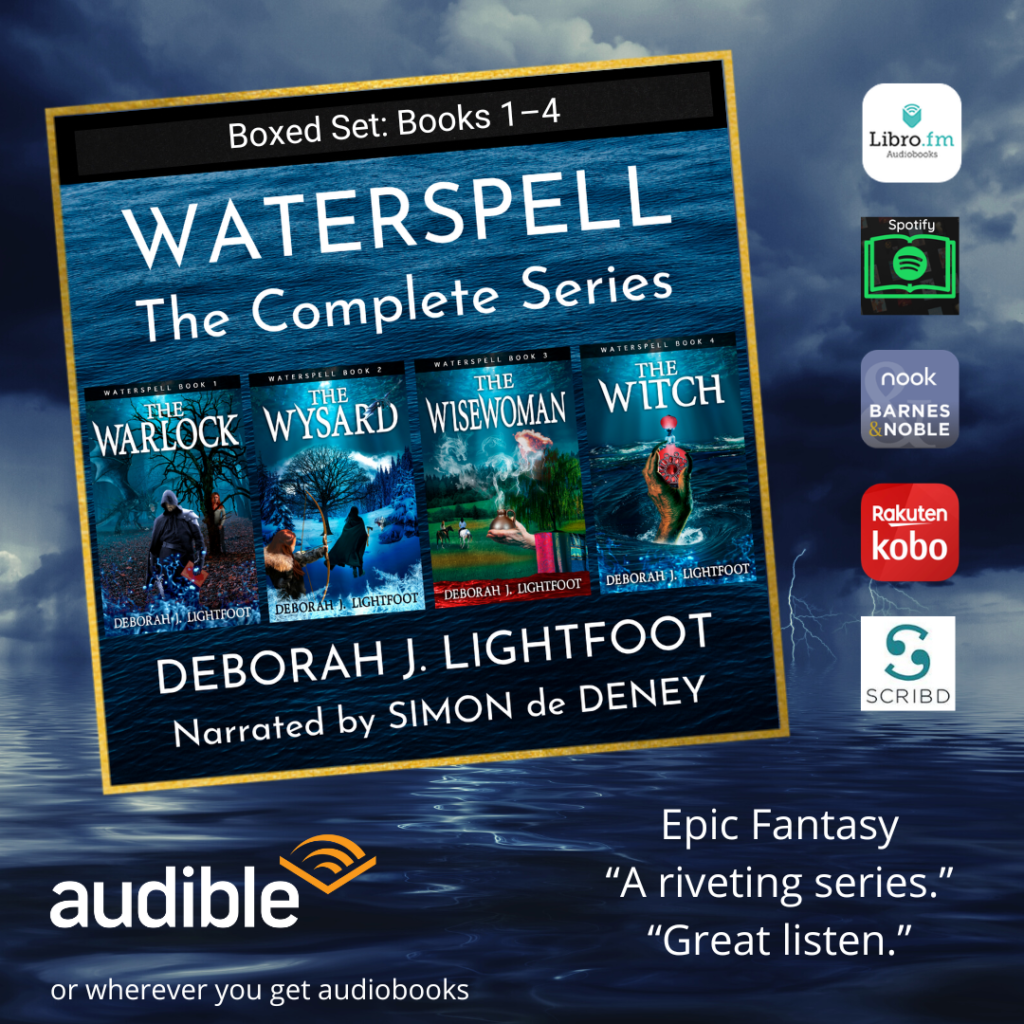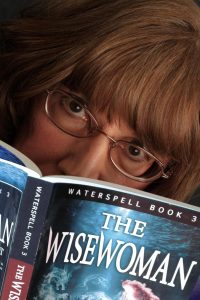Excerpted from “The guidelines for critique,” author/source unknown—a handout I found while sorting through old notes from writers’ conferences. These are excellent guidelines, well worth sharing. If anyone knows where this material came from originally, please tell me so I can give credit where it’s due.
Critique Group Guidelines
- Leave personalities out of it.
- Keep it short and to the point.
- If you don’t have something to say, don’t say it.
- Have something to say.
Personal preferences as to genre have no bearing. If you don’t like a particular genre, chances are you haven’t read enough of it to make an important critical explication. This does not mean, however, that you cannot critique individual elements such as word choice, spelling, and punctuation. If you have a question concerning what genre a story is, ask.
Critique content only if relevant to the saleability or context of the book; e.g., blatant racism is generally unacceptable, and if the book is about a tea party [meaning a pre-21st century tea party], references to fighting in ‘Nam may have no place.
All critique, if valid and dispensed with good intentions, is positive. Even critique which may on its face appear to be negative is positive in that it points toward a goal of solid reconstruction. Praise, while nice, is not truly critique, and is rarely practically useful — keep it very short. “This is good,” springs to mind as a possible time-saver. As a rule, “negative” is more constructive than “positive.”
All critique, if valid and dispensed with good intentions, is positive.
Critique is not debate. As a critic, don’t get into a debate with the [writer] or another critic concerning any point you may have to make.
Don’t recount anecdotes of your own unless they’re directly and immediately relevant — and short!
Don’t repeat others’ critiques unless it is very important. Saying “I agree with such-and-such” is short and gets the point across nicely. Reiterating what that person said at length is unnecessary, time-consuming, and redundant in the broadest sense of the word.
Don’t contradict another’s critique unless you feel very strongly that it needs contradiction. Remember, it’s up to the [writer] to make the decision as to what he keeps and does not keep. An exception to this guideline is when you feel that another critic has missed the point of the reading or hasn’t a full understanding of genre requirements, or whatever. Sometimes the [writer] needs to know that his point was not missed by everyone.
Don’t ask questions unless you need a specific point of clarification.
Keeping It Short
The following is a list of individual points that critics often get hung up on when they should be looking at the broader scope of the [writing]. These are valid points. However, too much time may be spent noting specific references at times that might be better spent critiquing the larger, more deadly aspects of the work.
Checklist for critique:
- Too many gerundal (-ing) endings
- Too many adverbial endings
- Too many adjectives
- Too much “tell” and not enough “show”
- Too slow
- Too fast and superficial
- Not enough emotion
- Touch all the senses, including smell
- Too many dialogue tags
- Not enough tags
- I got lost in the geography of the reading
- The following words appeared frequently or in close juxtaposition: __________
(This series continues with Readers Facilitate Valid Critique and Critiquing Common Writing Errors.)


 But many of the works I love best, like The Tombs of Atuan, the second book in
But many of the works I love best, like The Tombs of Atuan, the second book in  To cite a more contemporary example: Katniss, the admirably self-sufficient protagonist of
To cite a more contemporary example: Katniss, the admirably self-sufficient protagonist of 







 From time to time I’m asked how much I’d charge to edit someone’s book.
From time to time I’m asked how much I’d charge to edit someone’s book.






